Johan Huizinga
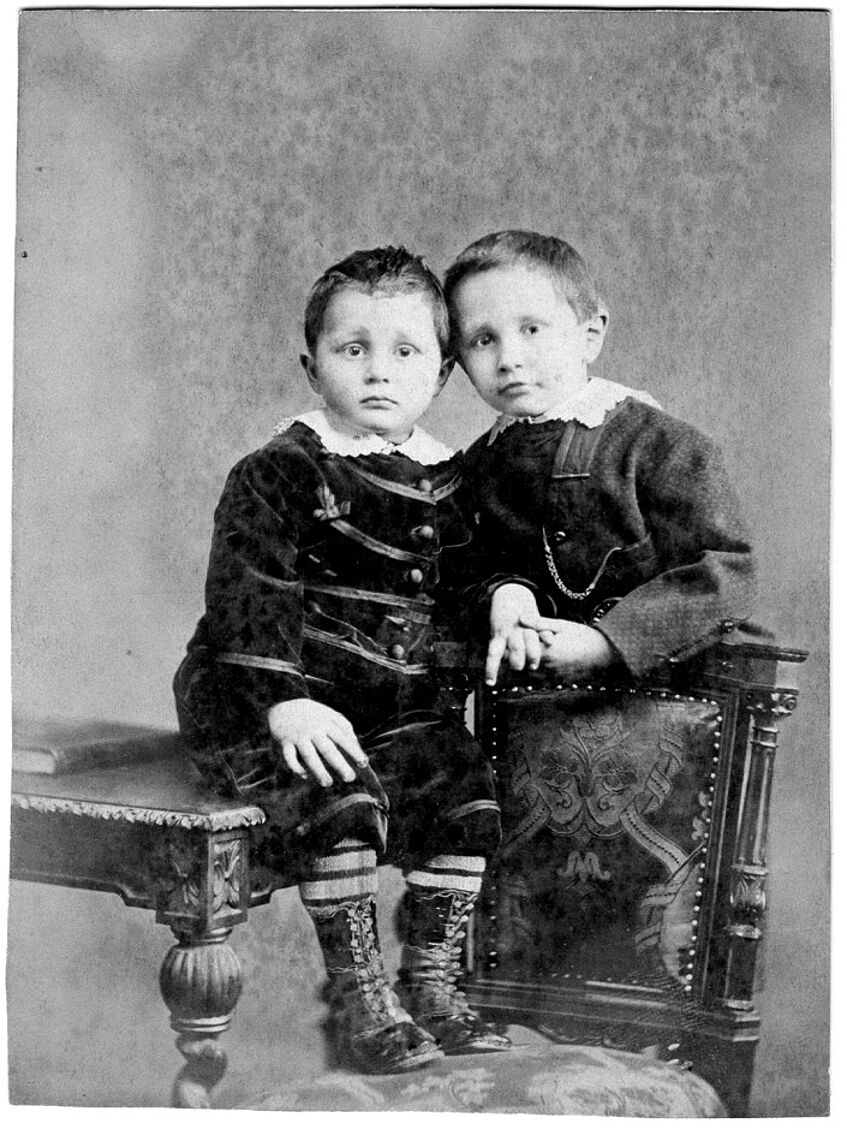
Huizinga with his older brother Jacob. [Huizinga archive of Leiden University, inv.nr. 135 I].
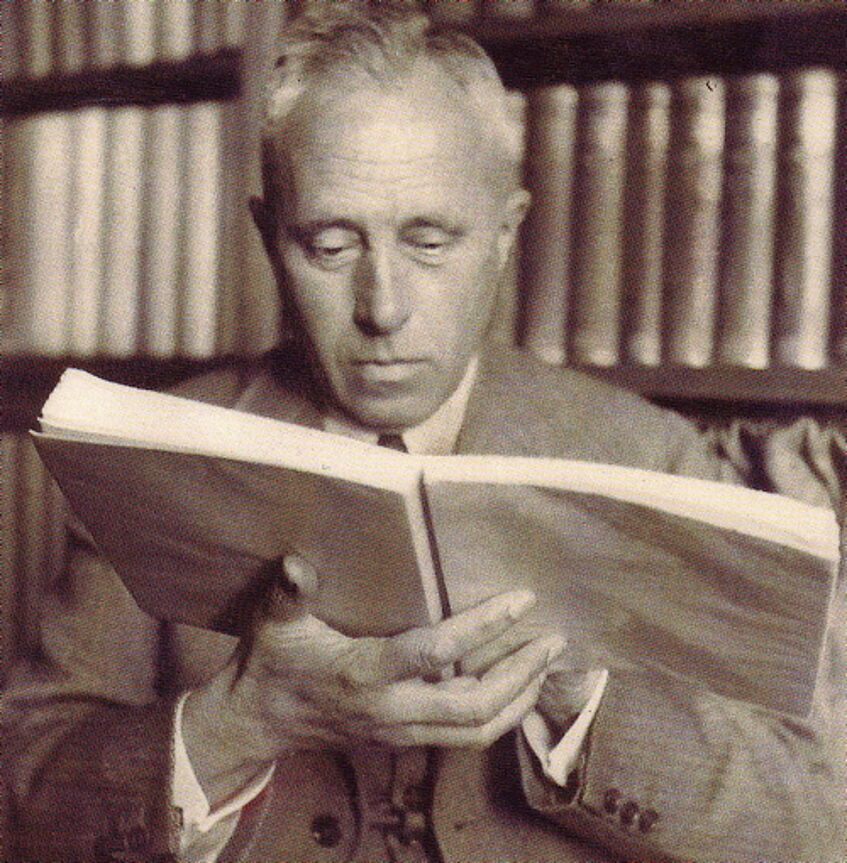
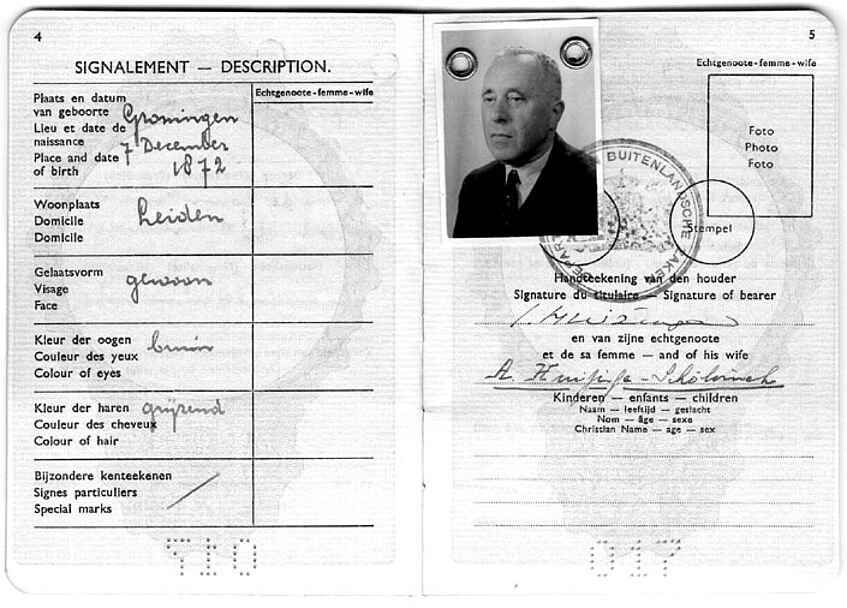
Diplomatic passport, no. 17, issued in The Hague on 21st January 1941. [Huizinga archive of Leiden University, inv.nr. 135 III (5)]. As a member of the International Committee on Intellectual Cooperation (ICIC), Huizinga was able to obtain a diplomatic passport.
Johan Huizinga
Johan Huizinga (1872-1945) was a Dutch cultural historian who gained international recognition for his seminal work Herfsttij der middeleeuwen, which was first published in 1919.
Born in Groningen to Dirk Huizinga—a professor in physiology and histology—and Jacoba Tonkens, Johan was given to flights of fancy as a child, showing great interest in fairy tales and stories of the past that stimulated his imagination. His teachers at the Stedelijk Gymnasium of Groningen, Jan te Winkel amongst them, further nourished this interest.
Educated at the universities of Groningen (Netherlands) and Leipzig, his scholarship can be divided in two distinct periods, with 1903 marking a turning point. In 1903, after a brief stint teaching history at an HBS in Haarlem, Huizinga became a private lecturer (privaatdocent) at the University of Amsterdam. In 1905, with the help of his mentor Petrus Johannes Blok, Huizinga was appointed as a full professor in General and Dutch History at the University of Groningen. His inaugural speech Het aesthetische bestanddeel van geschiedkundige voorstellingen lay the groundwork for the theoretical positions that would become the hallmark of his approach to history and his work as a historian, as most famously expressed in Herfsttij der Middeleeuwen, which was first published in 1919.
In 1915, after the death of his wife, Huizinga sought to leave Groningen and was appointed a full professor at Leiden University. At Leiden University, Huizinga’s reputation kept growing both nationally and on the international stage. He became a member of the Koninklijke Akademie van Wetenschappen (Royal Netherlands Academy of Arts and Science) and was appointed a member of the International Committee on Intellectual Cooperation. From 1921 on, Huizinga built up an impressive resume of international lectures which helped further the dissemination of his work through various translations.
During the 1930s and after Hitler’s rise to power, Huizinga, as rector magnificus (1932-1933) of Leiden University, took a stance against fascism and anti-Semitism, refusing to host Johann von Leers for a conference at Leiden University.
The invasion of the Netherlands by Nazi Germany in 1940 marked the end of Huizinga’s academic career. In 1942 he was detained by the Nazis and sent to St. Michielsgestel. Foor reasons of poor health he was allowed to leave the camp, though he was forced to stay in the eastern part of the Netherlands. His colleague Rudolph Pabus Cleveringa let him stay in his house at De Steeg where Huizinga finished the manuscript of Geschonden wereld (1945) and worked on his autobiography. It was also there that he died in 1945, a mere three months before the end of the Second World War.
Having made his fame with Herfsttij der Middeleeuwen, Huizinga is also remembered as the author of Erasmus (1924), In de schaduw van morgen (1935) and Homo Ludens (1938).
Translated Works of Huizinga
Follow the link to download all translations from Huizinga.
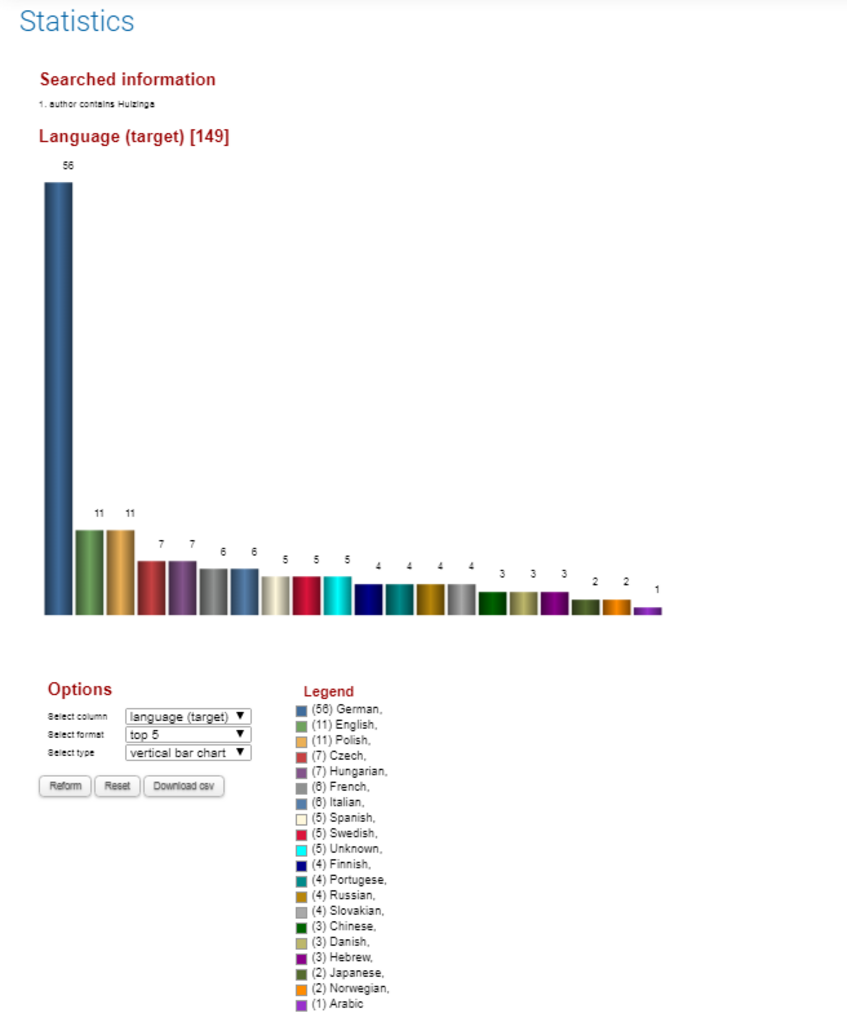
Data from the DLBT
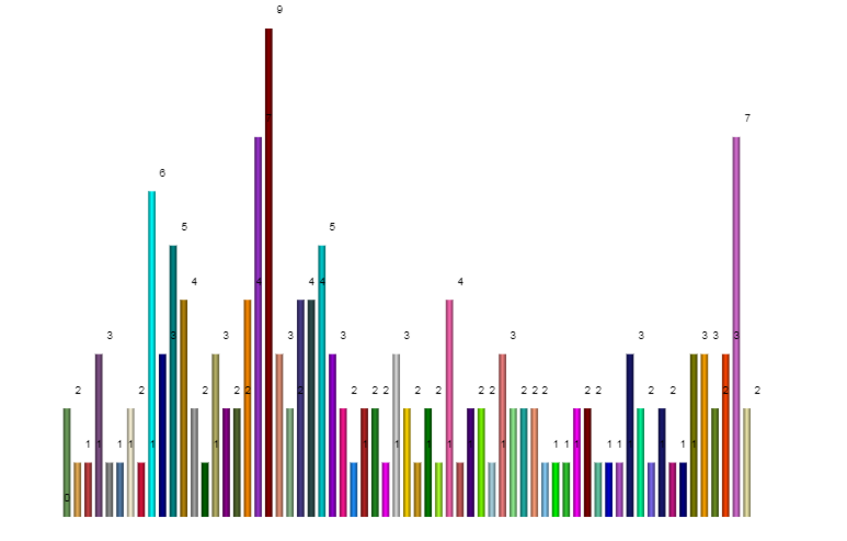
Huizinga in translation 1926-2016 (chronological order)
